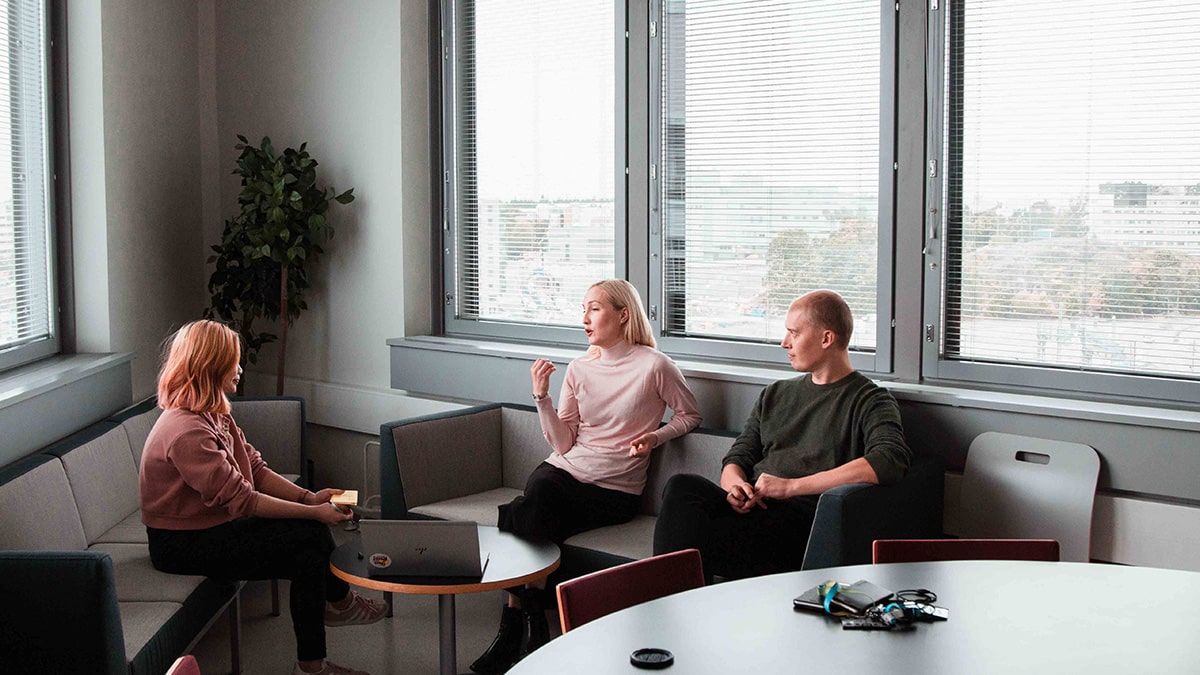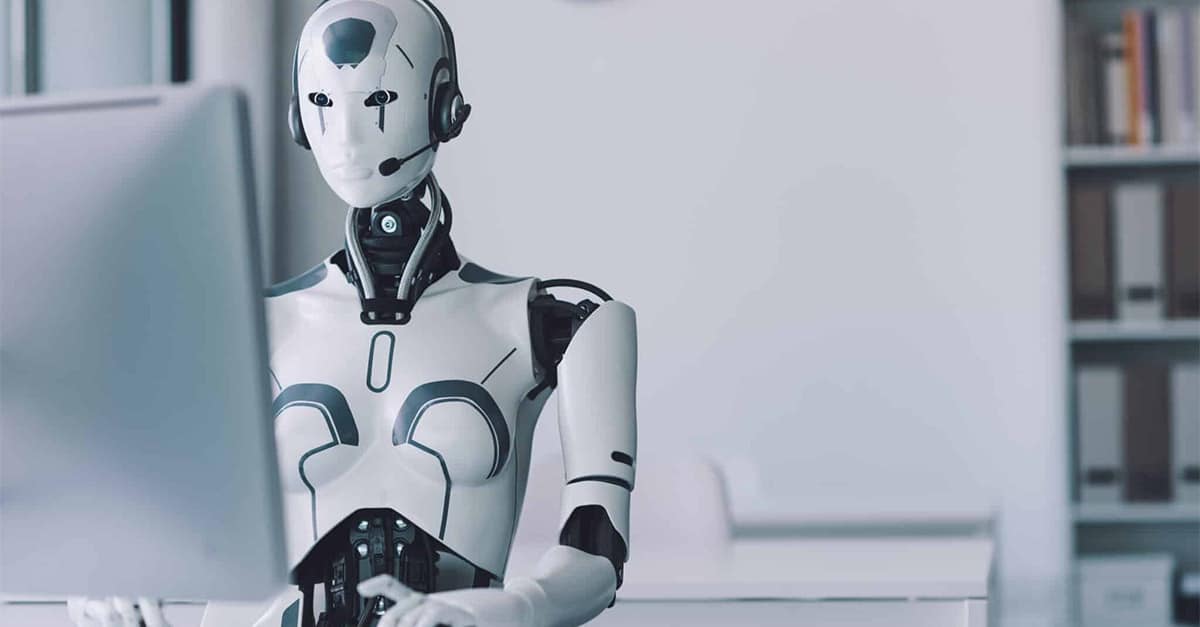February 1, 2024
Generative AI (Gen AI) is a powerful and widely accessible technology that’s changing the way we work. There has been a huge buzz about it since ChatGPT 3.5 launched in late 2022. More than a million users adopted it within five days, and it made headlines around the world.

This naturally led to much discussion about generative AI and AI in general, with most people sitting at one extreme or the other of the opinion scale—either marvelling at its awesome capabilities or reeling in fear of the potential risks.
Despite some people’s fears, there’s no denying the transformative potential of generative AI. This is especially true in business, where we’re now seeing AI gaining momentum in areas such as human resources (HR), where it’s being used for everything from recruiting and onboarding to performance management and professional growth.
How Generative AI Impacts HR
Gen AI is quickly transforming HR into a more strategic function in various ways.
First and foremost, it’s enabling HR teams to provide an “always on” service. Generative AI-based HR tools, for example, can guide employees in real time by stepping in to help with routine queries and tasks, such as updating personal information. The technology is also helping HR teams to know employees better: how they work, how they learn, how they engage, and more.
Many organisations have invested in generative AI to understand their employees’ skills better and enable upskilling. This is achieved through a data-driven approach that joins various data sources and enables interconnected use cases, such as talent assessment, developing career pathways, and sourcing candidates. We’ll. explore this in more detail later.
Gen AI will also unlock new levels of productivity in the HR function while overhauling the service model. With the right mixture of technology, goals, and time, a robust generative AI deployment could significantly improve HR’s productivity.
Generative AI in the Hiring Process
Generative AI has the potential to revolutionise the hiring process, primarily through its capability to analyse and filter resumes. This technology can process a great number of applications quickly and efficiently, far surpassing human capabilities in terms of speed and volume.
Using advanced algorithms, generative AI can scan through resumes, extracting key information such as skills, experiences, and educational backgrounds. It can then match these details against the job requirements, ensuring a high degree of alignment between a candidate’s profile and the job’s needs.
One significant advantage of generative AI in this context is its ability to identify the most suited candidates with minimal bias. Unconscious biases can influence traditional resume screening, but AI can offer a more objective assessment if programmed and monitored correctly. It can be trained to ignore demographic factors like age, gender, or ethnicity, focusing solely on the competencies and qualifications relevant to the job.
Generative AI can also analyse more nuanced aspects of a candidate’s profile, such as the compatibility of their values and work style with the company’s culture, by evaluating the subtleties in language and phrasing in their resume. This is particularly important in ensuring a good fit, which is a critical factor in long-term employee retention and satisfaction.
Generative AI and Employee Onboarding
Employee onboarding is one of HR’s most crucial and time-consuming functions. It’s important to get it right if you want to retain people in the long term and make the best first impression.
Generative AI can play an important role here in many ways. Right off the bat, it can be used to automate access and password profiles across all of a company’s applications and systems by generating and managing secure access credentials for new employees. In doing so, it ensures that new hires have immediate and hassle-free access to all necessary tools and platforms from their first day, eliminating delays that can often hinder the early stages of onboarding
Beyond administrative tasks, generative AI can significantly enhance the training and integration aspect of onboarding. It can create personalised training programs tailored to each new employee’s individual needs and learning styles. Based on initial assessments or inputs about the employee’s role, experience, and skills, AI can curate and recommend learning materials, schedule training sessions, and even adjust the pace of learning as per the employee’s progress. This personalised approach helps new hires feel more engaged and supported as they adapt to their new roles.
Another potential use of generative AI in onboarding is as a virtual assistant or mentor. This AI-powered mentor can be available 24/7 to answer questions, provide information, and guide new employees through their first days and weeks at the company. This continuous support can be particularly beneficial in reducing the feeling of overwhelm that often accompanies a new job, making the transition smoother and more enjoyable.
Generative AI and Employee Management
Generative AI’s integration into employee management can address several challenges while simultaneously unlocking new opportunities.
In scenarios where employees are managed by supervisors they rarely see in person, or vice versa, AI can play a crucial role in ensuring visibility and recognition of their work. Remote work can sometimes lead to out-of-sight, out-of-mind situations, where the contributions of employees who are not physically present in the office might be overlooked.
Generative AI can mitigate this by tracking and analysing the performance and contributions of all employees, regardless of their physical location. By aggregating data on project completions, contributions, and achievements, generative AI can also provide managers with a comprehensive view of each team member’s performance, ensuring that decisions about promotions and recognition are based on objective data rather than visibility in the office.
Generative AI can also be a game-changer for training and career development. It can analyse an employee’s skill set, performance reviews, and career aspirations to recommend personalised training programs.
This approach ensures that each employee receives relevant and impactful training tailored to their specific career trajectory. AI can also monitor industry trends and skills forecasts, suggesting training programs that align not only with the individual’s career goals but also with the company’s future needs.
Generative AI and Departing Employees
Employee offboarding is an often overlooked yet critical process in human resources. This is especially true in organisations where it’s an operational imperative to maintain organisational knowledge, security, and compliance.
Naturally, then, one of the key applications of generative AI in deboarding is in capturing and saving the departing employee’s knowledge. Without a way to maintain knowledge, an employee’s unique insights, experiences, and understanding of specific workflows and projects can leave with them, leading to knowledge gaps.
Generative AI can assist in documenting these workflows and processes by interacting with the departing employee to gather detailed information about their tasks, responsibilities, and projects. This data can then be used to create comprehensive guides or manuals, which can be invaluable for onboarding replacement hires. These documents can provide new employees with insights into their predecessor’s methods and strategies, smoothing the transition and minimising the impact of the turnover.
Employee offboarding processes also need to ensure that corporate system access is revoked and all property is returned. Generative AI can automate much of this process, for instance, by managing a checklist of accounts and accesses that need to be disabled and tracking the return of company assets like laptops, ID badges, or other equipment. This automation speeds up the offboarding process and helps prevent security breaches or compliance issues that can arise from delayed or incomplete access revocation.
Generative AI is the Future of HR
Integrating generative AI into HR represents a shift towards more efficient, data-driven, and personalised human resource management. The overarching benefit of AI in HR is its capacity to reduce administrative burden and manual workloads, significantly accelerating processes and handling vast amounts of data at an unprecedented scale.
Despite all the benefits it brings, leaders need to communicate with HR teams and reassure them that the purpose of AI is not to replace them but to augment and complement their work. Transparent communication about how AI is being used can alleviate fears and misconceptions.
Education and ongoing dialogue about the evolving role of AI in the workplace can help build a culture of trust and acceptance. Training sessions, workshops, and open forums can effectively demonstrate how AI works and its advantages. This approach demystifies AI and encourages employees to see it as a positive addition to their work environment, enhancing their roles rather than threatening them.
Get to know more insights about AI here.





